
Essays & Reviews
-

The Conversation
Comprised of multiple images arranged into sequences and interspersed with speech bubbles and caption boxes, refugee comics disrupt a media landscape that tends to reduce migrants to either threats or victims.
-

The Conversation
Composing its stories of the past from framed documents, fragmented images and scraps of text, the form of the graphic novel brings forgotten histories to life and allows readers to reflect on how those histories were recovered.
-
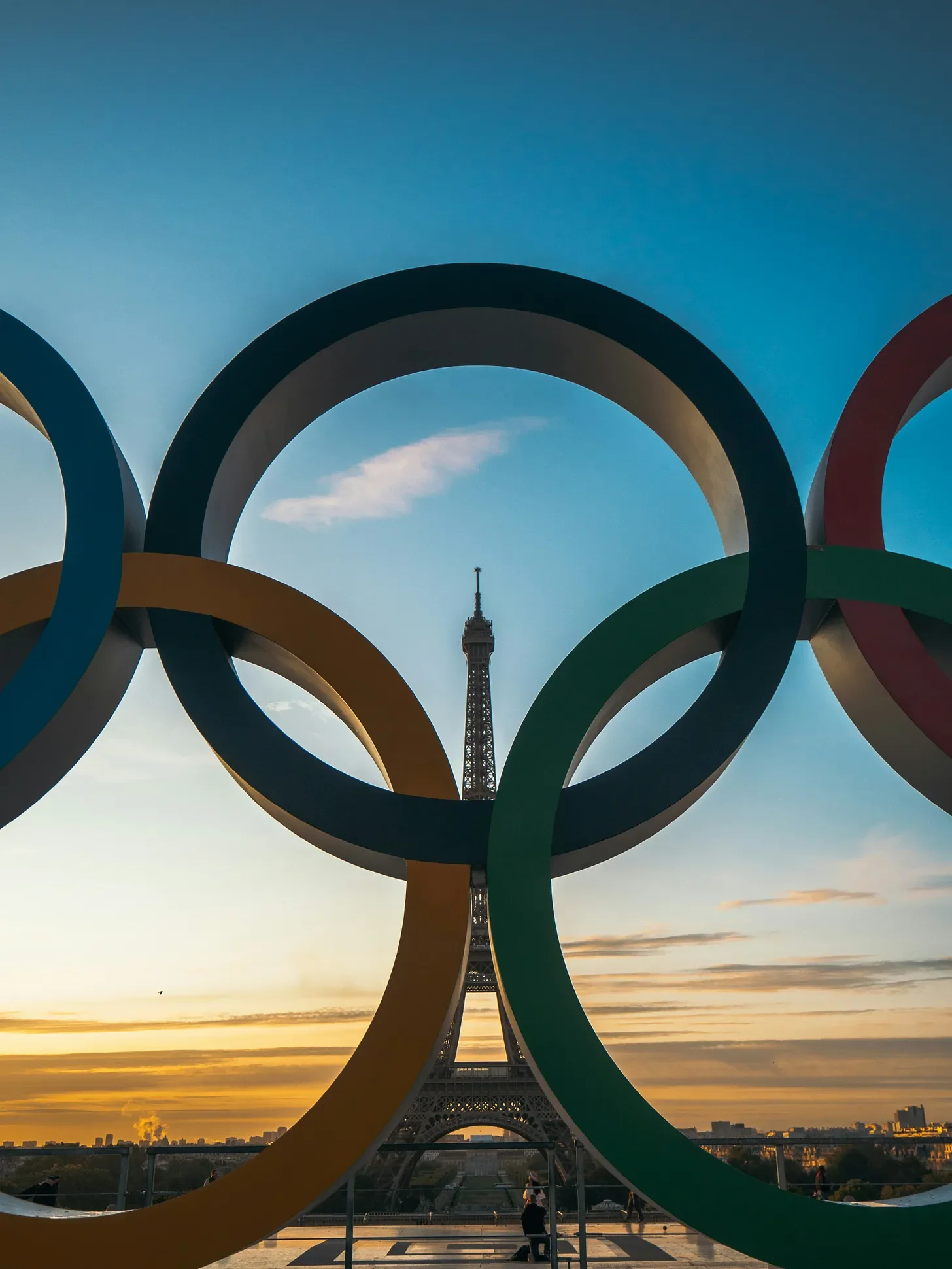
This Week, Those Books
Even before the Olympics start on July 26, Paris wins a gold medal for using the Games to kickstart a radical rethink of the city, its suburbs (or banlieues) and urban inequality.
-

CiTTi: CIty Transport & Traffic Innovation
Election campaigns always seek to give the “feeling” of improved infrastructure, even when meaningful promises on major projects aren’t actually being made.
-

The Conversation
In the context of a general election campaign, when numbers are thrown around and there is uncertainty about the future, infrastructure offers a feeling of solidity that voters can begin to get on board with.
-
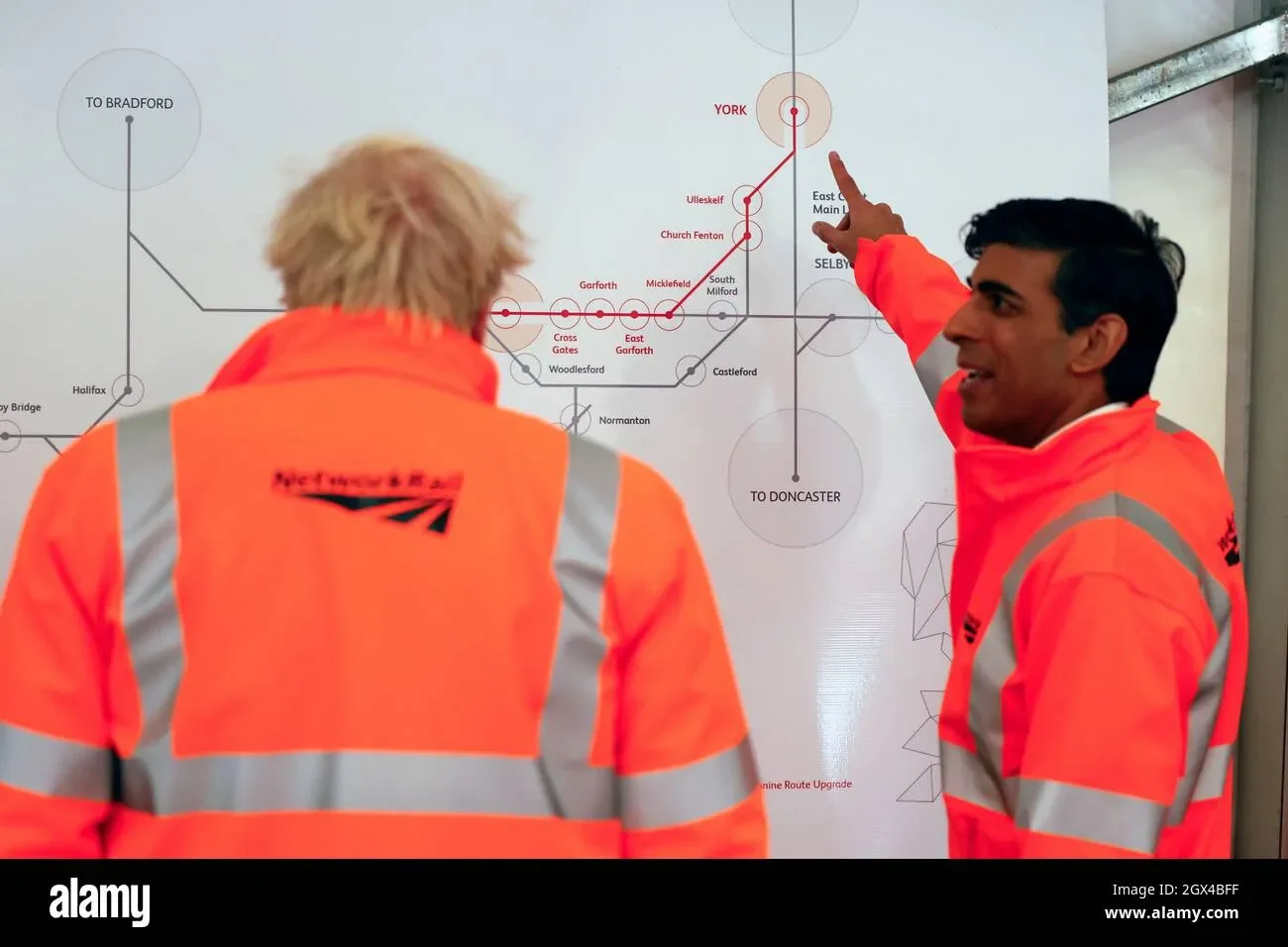
Byline Times Supplement
Levelling down: how Britain’s infrastructure fell victim to the culture war. Dominic Davies on a how a bulldozer was driven through Britain's future
-

Red Pepper
Israel’s attacks on Gaza’s infrastructure are a deliberate effort to make the conditions for life impossible for Palestinians.
-

The Conversation
Wasteful spending and unprecedented levels of privatisation have weakened Britain’s basic infrastructure through disrepair and neglect, lack of reinvestment and accountability, and endemic mismanagement.
-

City St George's
Dr Dominic Davies publishes new book The Broken Promise of Infrastructure, which investigates the cultural politics of infrastructure in Britain.
-
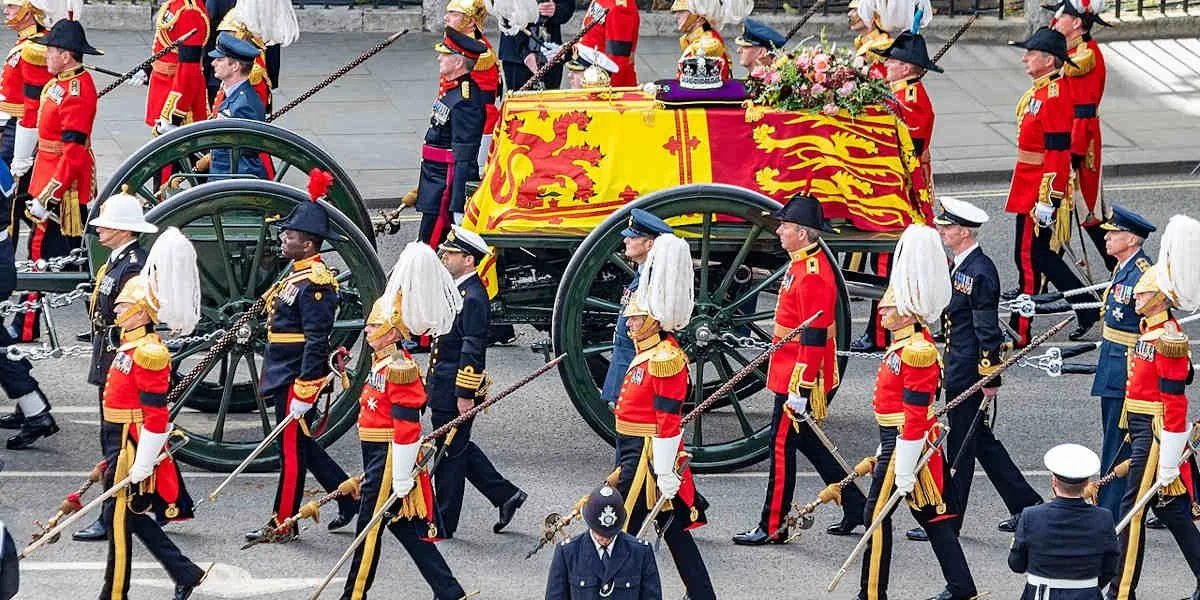
Red Pepper
Following the death of Queen Elizabeth II, Dominic Davies analyses what the death of Britain’s longest reigning monarch means for the country.
-

The Conversation
Drawing on a rich tradition of comics that depict counterfactual and dystopian futures, this graphic novel breathes visual life into a world in which there was no peaceful transition of power in 2021.
-
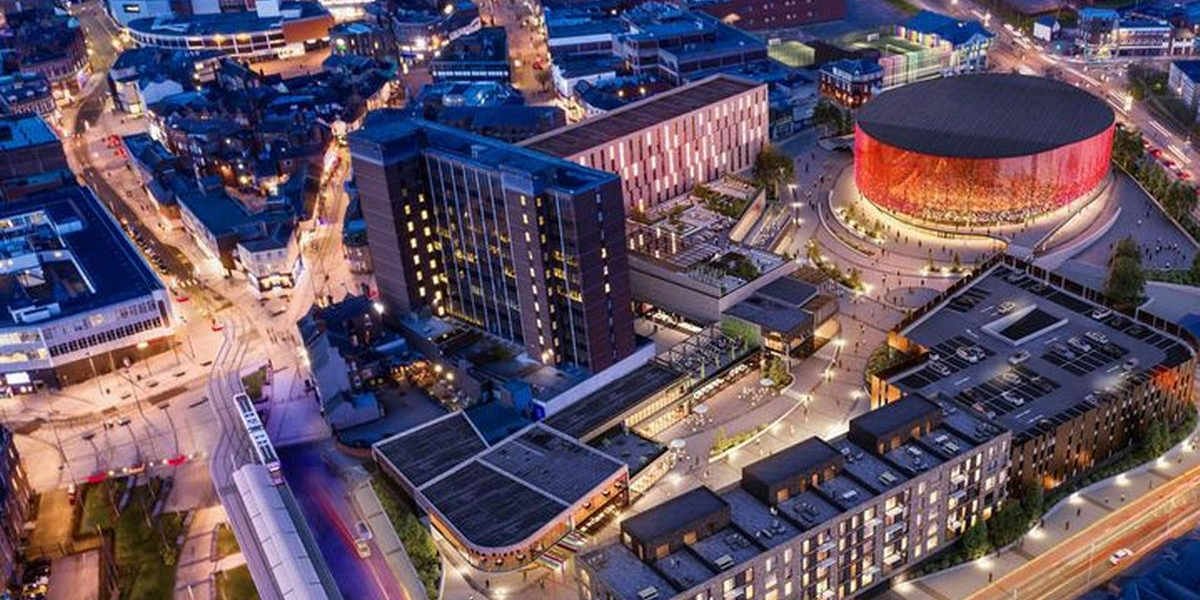
Red Pepper
‘Levelling up’ arrived in an illusory infrastructure aesthetic that saw Boris Johnson drive a bulldozer emblazoned with a Union Jack through a polystyrene wall.
-

The Conversation
Combining image and text, graphic narratives have proved particularly adept at bridging the macro scales of environmental change together with the micro scales of our everyday human lives.
-

Institute of Advanced Studies (IAS)
In April 2019, UCL’s IAS hosted ‘Comic Books and Laughter: History, Politics, Aesthetics’ as part of its seminar series on the relationship between literary studies and laughter.
-
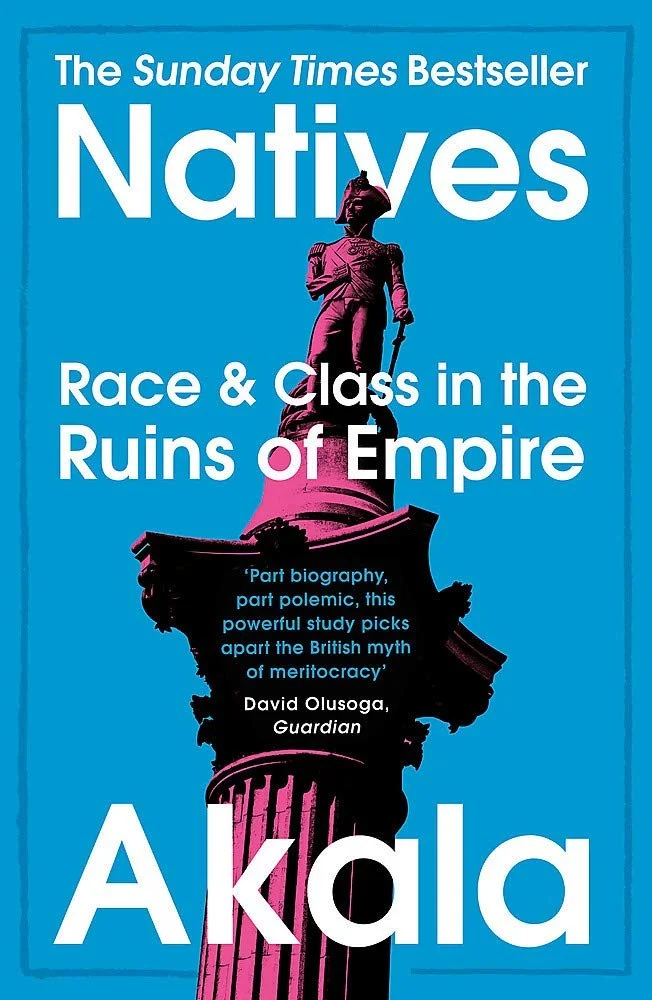
Writers Make Worlds
Akala’s autobiography shows readers how centuries of racist policy making from across the Empire continue to impinge on the life of a young black boy in Britain today.
-

Discover Society
Comics across the global South are engaged in both their form and content with a radical revisioning of violent, neocolonial urban spaces.
-
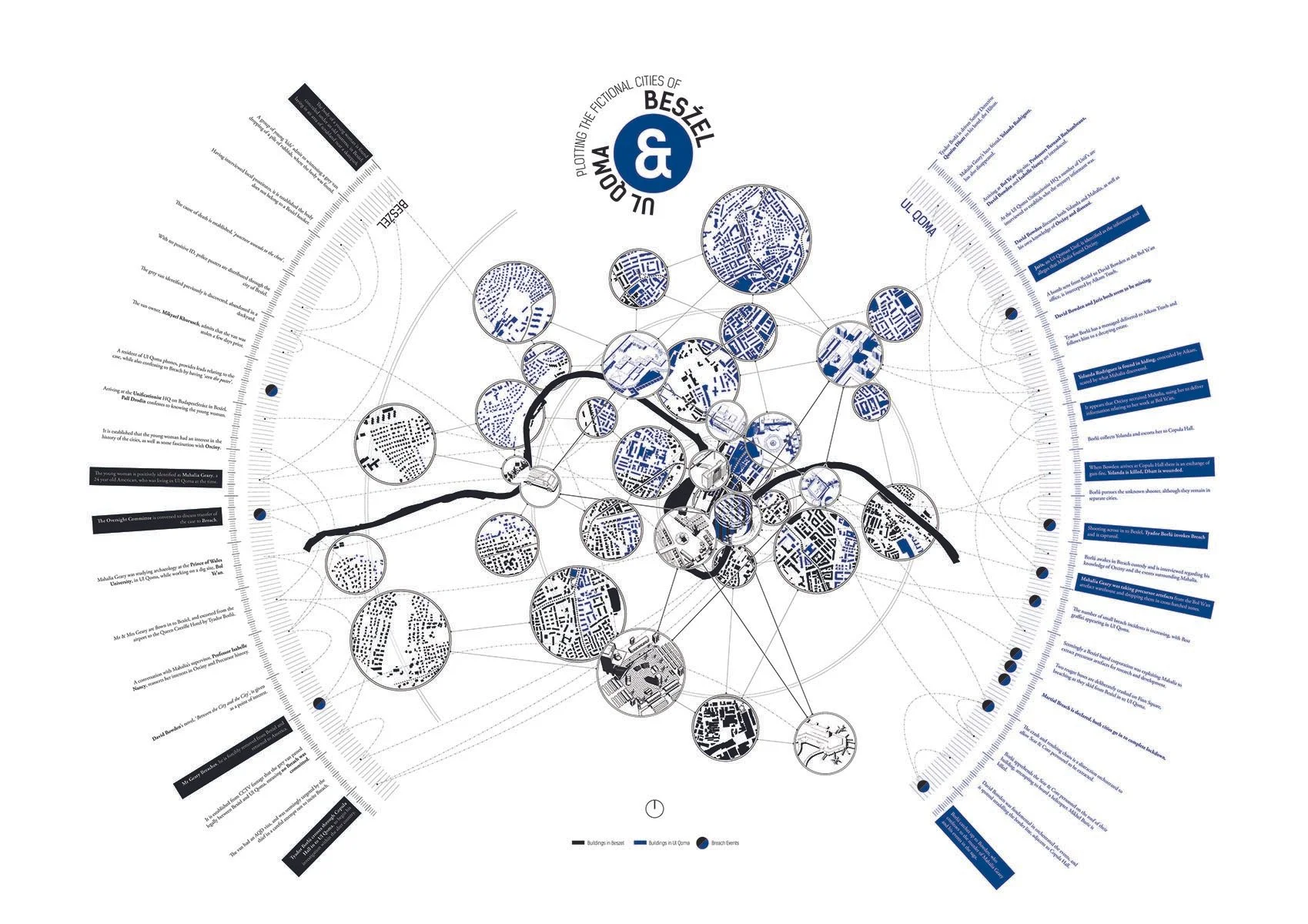
Refugee Hosts
Who is it that we choose to see and who is ‘unseen’? How can we think and respond differently to the world around us?
-
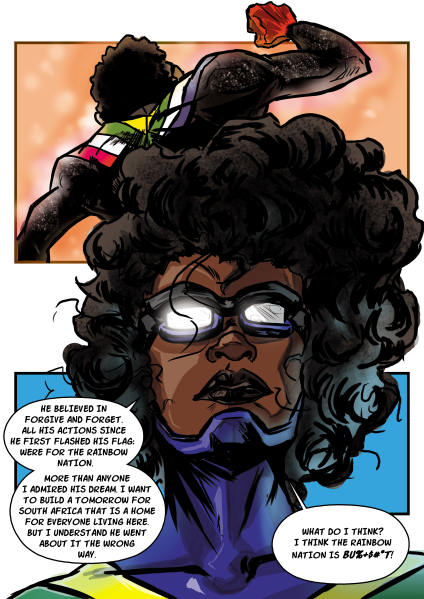
Africa in Words
Contemporary SA comics are drawn to alternate, speculative worlds, where if politics do surface it is likely to be in the form of allegory rather than overt commentary.
-

Refugee Hosts
Visual strategies that highlight the infrastructural violence of borders and state responses to refugees, and invite the audience to question their own emotional responses to displacement.
-

Words Without Borders
Because comics are comprised of words and pictures with borders, they allow readers to more easily identify those borders, before then moving beyond them in the very act of reading.
-

Review 31
Placing citizen’s rights over human rights, borders necessarily deem some people to be ‘more human’ or ‘less human’ than others.
-

Refugee Hosts
Baddawi is a biography of Abdelrazaq’s father, Ahmad, who spent his childhood growing up in between the urban spaces of Beirut and Baddawi refugee camp in the 1960s and 70s.
-

Review 31
Cockburn corrects Western media’s obsessive construction of the Middle East as a region of turmoil and savagery that plays so lazily into centuries-old orientalist tropes.